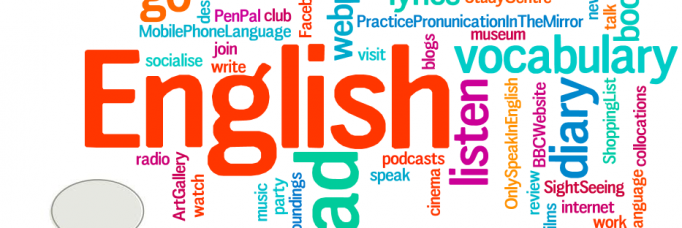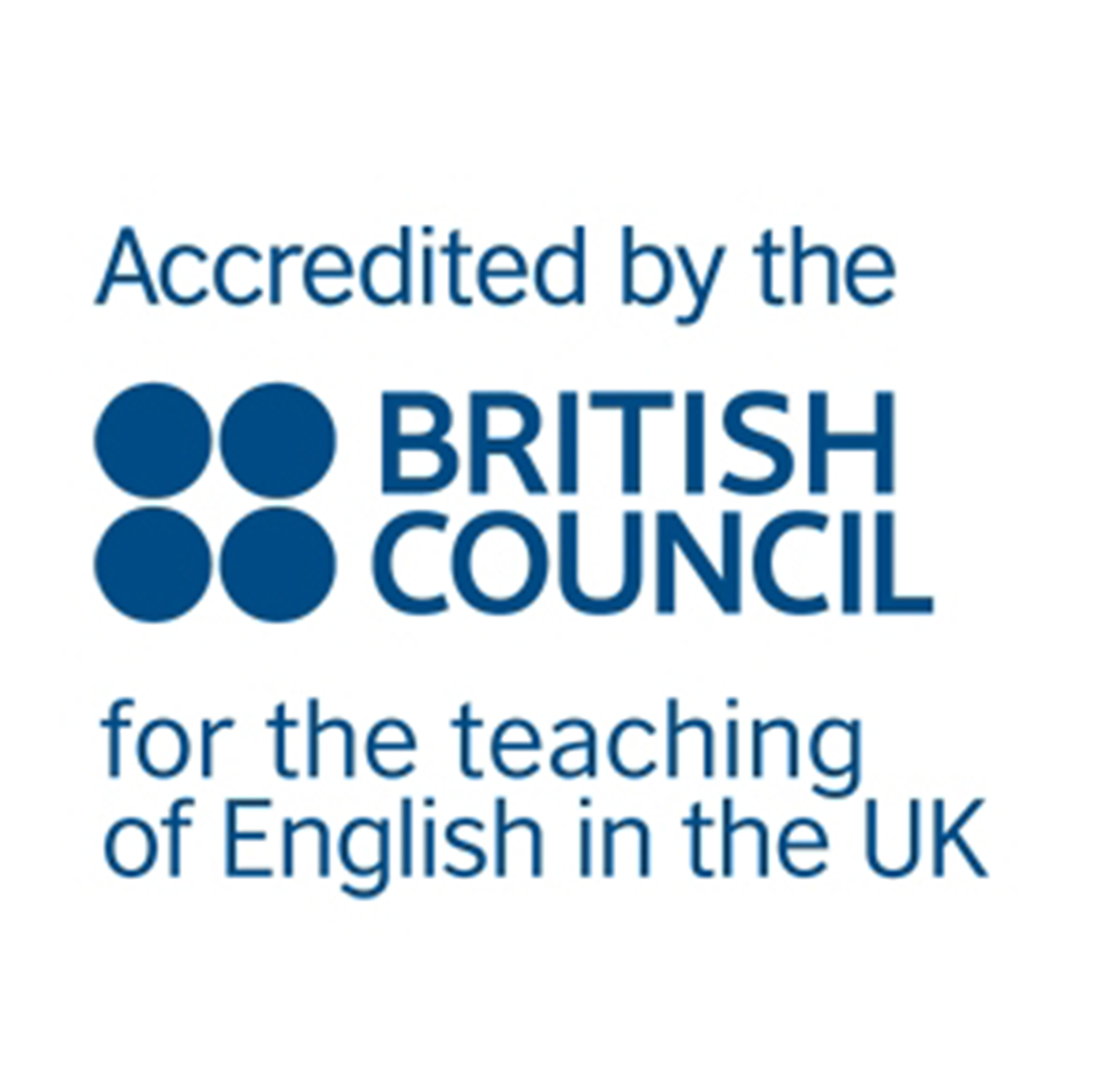How can I improve my English outside the classroom?
- 27 Feb 2019
- https://languagevision.com

1. Speak English as much as possible with other students
2. Join a local sports club where you can meet new friends
3. Sing along to songs on the radio or on tapes
4. Go on sight-seeing trips and talk to other passengers
5. If you are staying with a host family, speak English with them as much as possible
6. Find a part-time job which allows you to practise your English
7. Watch videos / listen to the radio or cassettes and copy the speakers’ voices
8. If you live near a university, you may be able to find an English person who is interested in speaking English with you in exchange for practice in speaking your language.
LISTENING
Radio
There are many interesting radio stations in Britain. You can find details on www.bbc.co.uk/radio/
TV/video/satellite TV
Television is a very good way of practising your listening skills. Have a look at www.radiotimes.com/ to see what’s on today.
Songs
If you buy CDs which also supply the words of the songs, you can get extra valuable listening practice.
READING
1. English newspapers are available everywhere. The Metro is free in London and can be found at underground stations. Magazines are also useful for reading practice. Choose one which is based on a subject that you are interested in e.g. sport, computers, animals.
2. Why not join a local library? You can borrow books and magazines and sometimes CDs and DVDs. Details of libraries close to Language Link can be found in the Information for Students File in the Students’ Room.
3. The internet is great for reading.
4. Subscribe to an English magazine for learners of English e.g. IT’S Magazine.
WRITING
1. Keep in contact with some of your old classmates from Language Vision. If they are not from your country, you’ll need to write in English.
2. E-mail is a good way of practising writing skills – if you have access to the internet, you might be able to correspond with an English speaker or an old teacher / classmate.
VOCABULARY
1. Try to develop a methodological approach to learning vocabulary. Not all people learn languages in the same way. Experiment and find the right approach for you.
2. Reading is the best way to increase your vocabulary. When you see words in a context, you are more likely to understand and remember them.
3. Choose an efficient way of storing vocabulary which you can easily refer to later. Ask your teacher for advice.
4. Constant use of a dictionary will eventually spoil your enjoyment of the text you are reading. Use your dictionary to check the meanings of words which you really have no idea of or when you have seen a word many times in context and still don’t understand it.
GRAMMAR
Choose a grammar book which is right one or you – it must be clear and comprehensive for students of your level. Ask your teacher if you need help.
It is very important to check your written work for grammar mistakes. Why not keep a diary and ask your teacher to correct your mistakes?
If you need help or advice about studying inside or outside the classroom, please speak to the Director of Studies, Gabi, in the office, or to your teacher.
